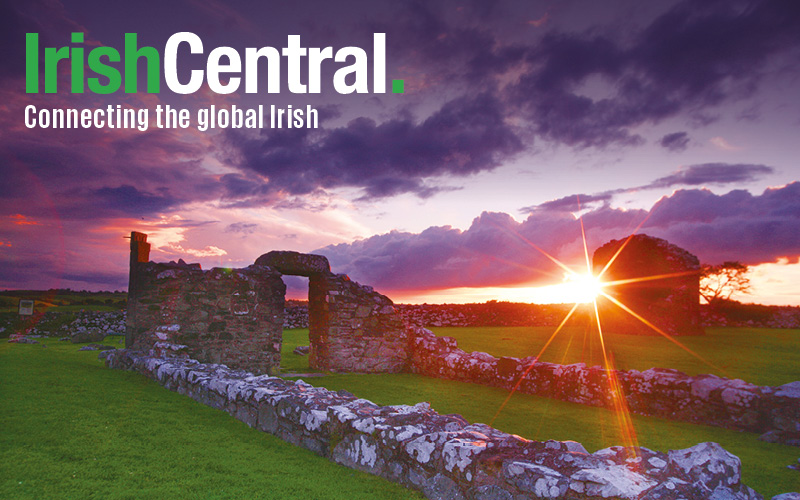Ireland's rejection of the Lisbon Treaty - designed to streamline government of the EU - has come center-stage again after European Affairs Minister Dick Roche gave the first indication from a Cabinet minister that there may have to be a new vote.
Cardinal Sean Brady, Ireland's most prominent Catholic churchman, also added fuel to the renewed Lisbon debate when he said growing unease among Christians at the direction in which the EU is headed may have been a factor in the rejection of the Treaty by Irish voters.
Since Ireland's June vote on Lisbon stymied progress towards ratification of the Treaty - it can only go through if approved by all 27 EU member countries - ministers stopped short of suggesting there should be a new poll.
Roche's advocacy for a fresh poll prompted widespread speculation that Taoiseach (Prime Minister) Brian Cowen's administration may be moving in that direction.
Although Roche insisted he was expressing a personal opinion, his comments still drew opposition warnings to the government to respect the will of the people as shown in the June referendum.
Roche said Ireland has to remain at the heart of the EU. He explained, "My personal view is that a referendum is the appropriate response to the position we are in."
He said he was "disappointed" that Fine Gael and Labor - who campaigned along with the government for ratification of Lisbon - had not agreed to the government's proposal for a cross-party parliamentary commission to review the outcome of the referendum.
One of the organizations credited with securing last June's No vote, the pro-free market Libertas group, accused the minister of "kite flying."
Naoise Nunn, Libertas' executive director, said, "It's the season for flying kites. First (French President) Sarkozy was at it when he was here and now Dick Roche is at it. They are trying to test the wind to see if they can run this referendum again even though the Irish people have already spoken.
"In the end it doesn't matter because holding a referendum would be political suicide for this government. All the polls since June show that if the referendum was rerun an even larger majority would vote no.
"The Irish people's voice should be respected, and if it isn't the government will face a greater humiliation next time around."
Meanwhile, Brady, speaking at the same Humbert Summer School in Co. Mayo that was addressed by Roche, said the "prevailing culture and social agenda" within the EU appeared to be driven by the secular tradition "rather than by the Christian memory and heritage of the vast majority of member states."
He said the Catholic Church was "generally positive towards the European project and its founding ideals," but this was "a qualified support."
Brady continued, "As the recent referendum on the Lisbon Treaty in Ireland suggests, at least some of those who were previously enthusiastic about the founding aims of the EU, both social and economic, are now expressing unease."
Brady said one reason influencing some Christians' view of the EU may be what Pope John Paul II described as the "loss of Christian memory" in European institutions and policy.
"Successive decisions which have undermined the family based on marriage, the right to life from the moment of conception to natural death, the sacredness of the Sabbath, the right of Christian institutions to maintain and promote their ethos, including schools - these and other decisions have made it more difficult for committed Christians to maintain their instinctive commitment to the European project," Brady said.
He contrasted Europe with the U.S., where he said there was "a culture which prides itself on the separation of Church and State and on its diversity."
He said he was intrigued to discover that it was quite natural to expect the U.S. presidential candidates to answer direct questions about their commitment to faith, their willingness to support faith-based organizations, their position on moral issues and how it would affect their appointment of public officials.
He looked forward to the day when Europe and Ireland would have "the same level of openness and choice in our own elections."




Comments